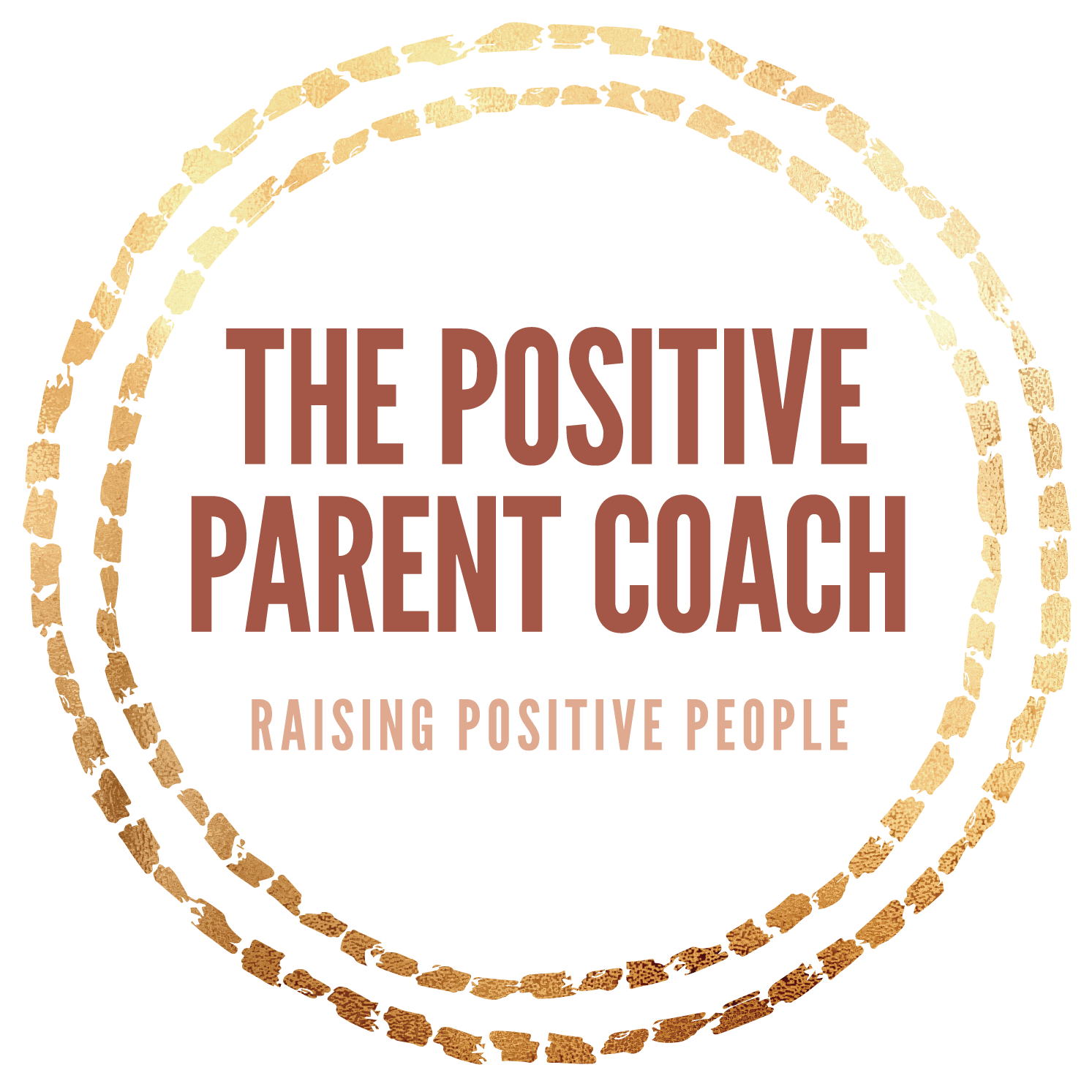How to talk to young children about the death of The Queen (and other people)
How to talk to young children about the death of The Queen (and other people)
It’s been a strange couple of weeks for many children; starting or returning to school after a summer break and then The Queen dying and ending her historical reign, with her son King Charles III starting his. Not to mention a new Prime Minister and ongoing discussions of the War in Ukraine. It’s a lot to get your head around even for adults, so it’s no wonder parents are seeing their children pushing back, getting emotional and showing unwanted behaviours.
When someone dies we can feel a shift in ourselves not only for that particular person but also because it can trigger feelings of loss we have experienced previously. If we haven’t yet been able to process those feelings, or if we were bought up with the approach of emotions not being freely talked about it can seem even harder to know how to respond.
Whilst I can’t help you right now with unpicking your own feelings and healing those inner wounds, what I can do is provide some strategies on how you can support your child so they feel able to process their emotions and feel heard and understood. Which will enable them to develop their emotional regulation and intelligence.
If your child is under 5 you might find that they don’t really understand what’s going on because The Queen isn’t someone they have ever met or known much about. It isn’t the same as someone close to them dying so they might be more impacted by your response to her death and how it has affected you. For older children, and if your younger children ever experience someone they know dying I would recommend considering the following points.
WHAT LANGUAGE SHOULD I USE?
There are so many ways of telling a child that someone has died and often we select words because they feel nicer to say or they give a more positive visual. However, what we don’t consider is how the child will perceive and interpret that information and this can then lead to confusion down the line. It’s much better to be factual with them to ensure the message they receive is very black and white and not so open to interpretation. For this reason, I would recommend using words like die, death and dead, instead of passed away, gone or sleeping.
Try and make the language you use age appropriate and respond to any of their questions as accurately as you can. They might ask things such as Why do people die? or Are you going to die? because they will be thinking about death and showing curiosity around it is highlighting how they are processing it. Of course, you will want to reassure them that you, and they, are safe and you can start sending the message now that death isn’t something to be feared. You can use some of the examples below to form your own scripts and responses around what to say.
DO NOT BE OFFENDED IF…
1) YOUR CHILD ASKS A LOT OF QUESTIONS
If your child asks a lot of questions and wants to know details about death and dying. Try to remain calm and show them that discussions about death are normal and not something to be scared of or dismissed. If a child feels that they have upset you or that you are annoyed by their interest then they could shut off and keep their feelings and questions inside which won’t benefit either of you in the long run. Be aware that after these conversations you might need some time for you; to reflect, to process, to relax and re-energise so make this a priority.
2) YOUR CHILD DOESN’T SEEM TO CARE
If your child doesn’t seem to care that someone has died. They might not know how to recognise or process their emotions around this yet, or perhaps they just weren’t that emotionally attached to the person and so they don’t feel sad about their death. It doesn’t mean they lack empathy or are a bad person. It’s normal!
3) IF YOUR CHILD ROLE PLAYS
If your child starts role-playing someone dying or talking about death in play, they are learning and discovering what death is and being playful to explore this concept. This is great because it means they are accessing the learning part of their brain, meaning the information is more likely to be retained.
FINAL THOUGHTS
Discussions around death don’t need to be formal and serious. They can take place casually and during playtime and act more like a drip feeding of information rather than a sit-down conversation.
My final words of wisdom are to do what feels right for you in a way that helps to normalise death, validate feelings and reassure children that they are safe and loved.
IT MIGHT HELP TO REMEMBER:
To remain calm
Answer questions openly and honestly with facts
Don’t have any expectations about how your child will feel
Offer reassurance and connection with them to help them feel safe
Provide opportunities for them to say goodbye if they want to e.g. writing a letter/drawing a picture for the person or their family.
To use resources relevant to your child’s age to support understanding such as books, films,characters etc


